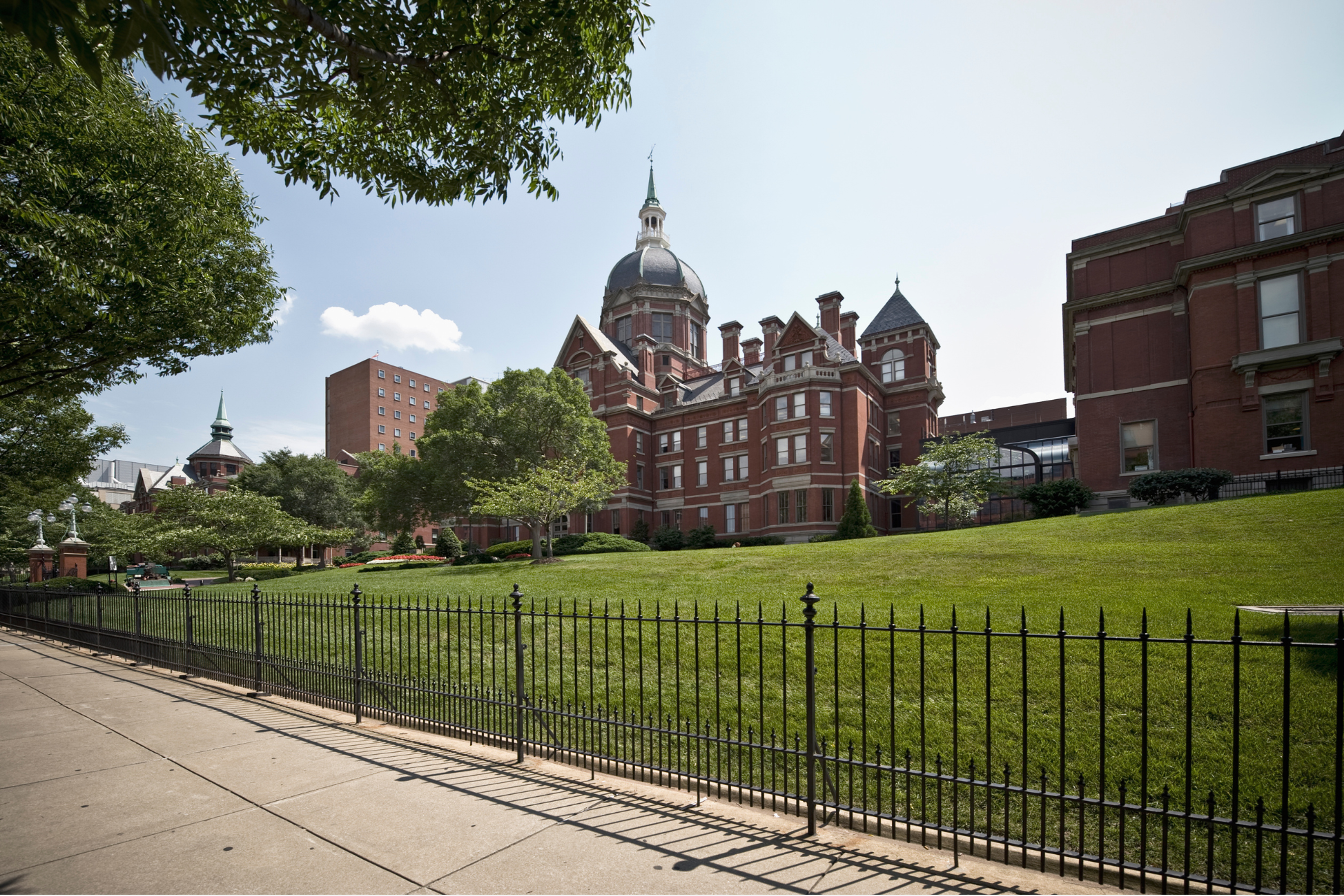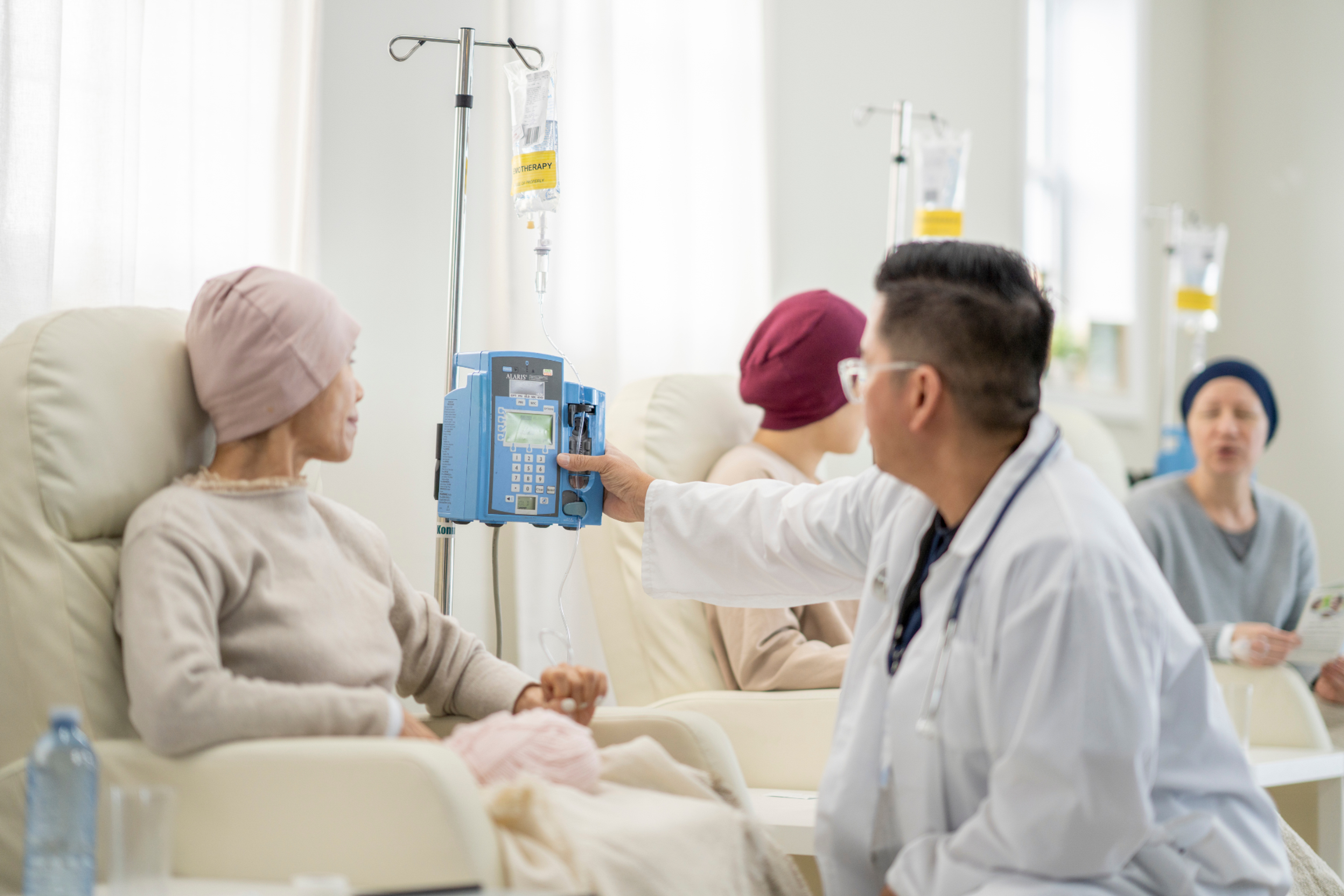The Ultimate Guide to Johns Hopkins Medical School
Discover everything you need to know about Johns Hopkins Medical School in this comprehensive guide.
Posted July 11, 2025

Join a free event
Learn from top coaches and industry experts in live, interactive sessions you can join for free.
Table of Contents
Johns Hopkins Medical School is one of the most prestigious and respected medical schools in the world. With a rich history and a commitment to excellence in education, research, and patient care, it offers aspiring medical students a unique opportunity to pursue their passion for medicine. In this comprehensive guide, we will explore everything you need to know about Johns Hopkins Medical School, from admission requirements to program features, and student life and opportunities.
Admission Requirements for Johns Hopkins Medical School
Gaining admission to Johns Hopkins Medical School is exceptionally competitive; each year, thousands of applicants vie for fewer than 125 spots. To stand out, you’ll need more than strong academics; you’ll need a compelling, well-rounded application that reflects both intellectual ability and a deep commitment to medicine.
Academic Requirements
Bachelor’s Degree: You must hold a bachelor’s degree from an accredited institution. While no specific major is required, successful applicants typically complete rigorous coursework in:
- Biology
- General and Organic Chemistry
- Physics
- Mathematics
- English and Writing
GPA: A strong cumulative and science GPA is expected. Most admitted students rank near the top of their class academically.
MCAT
A competitive MCAT score is essential. The admissions committee looks for high scores across all four sections, especially in the sciences and critical reasoning.
Clinical and Research Experience
- Clinical Exposure: Volunteering in hospitals, shadowing physicians, or working in patient-facing roles shows your commitment to healthcare.
- Research: Given Hopkins’ reputation for medical innovation, research experience, especially in biomedical sciences, is highly valued.
Letters of Recommendation
You’ll need at least three letters, ideally from professors, researchers, or healthcare professionals who know you well and can speak to your academic ability, work ethic, and character.
Personal Statement and Essays
Your application essays should highlight your motivation for medicine, personal growth, and how your experiences have shaped your understanding of healthcare and patient care.
Leadership and Service
Hopkins seeks future leaders. Demonstrated leadership in student organizations, service projects, or research showcases initiative and the ability to collaborate.
Diversity and Life Experience
The admissions committee values diverse perspectives and backgrounds. Share how your unique journey, whether through adversity, culture, or community engagement, shapes your goals as a future physician.
Interpersonal Skills
Emotional intelligence and communication skills are essential. These are evaluated through your interviews, letters of recommendation, and personal statements.
Program Features at Johns Hopkins Medical School
Johns Hopkins Medical School offers a world-class MD program that blends academic rigor, early clinical experience, and groundbreaking research—all designed to prepare students for leadership in medicine.
Foundational Science & Early Clinical Exposure
In the first two years, students build a strong foundation in the basic sciences: anatomy, physiology, pharmacology, and pathology. But this isn’t passive learning. Hopkins uses interactive, case-based teaching that challenges students to think critically, solve problems, and collaborate in small groups.
From the beginning, students are exposed to real-world clinical scenarios, not just textbooks. This early integration of classroom learning and patient care helps develop strong diagnostic and communication skills right from the start.
Clinical Rotations in Top-Tier Hospitals
In the latter half of the program, students begin their clinical clerkships, rotating through major specialties like:
- Internal Medicine
- Surgery
- Pediatrics
- OB/GYN
- Psychiatry
- Neurology
These rotations take place in renowned teaching hospitals such as The Johns Hopkins Hospital and its affiliates, giving students hands-on experience treating patients from all backgrounds and levels of care.
Emphasis on Research & Innovation
One of the defining features of a Hopkins medical education is its strong research focus. Through the Research Distinction Track, students can pursue in-depth, mentored projects in basic science, clinical trials, public health, or health equity. Many students publish their findings or present at national conferences before graduation.
Training Tomorrow’s Leaders
Whether your goal is academic medicine, global health, or primary care, Johns Hopkins gives you the tools to lead. From simulation centers to public health partnerships, the curriculum is designed to produce clinically skilled, research-informed, and socially conscious physicians.
The school offers numerous research opportunities in various disciplines, such as:
- Scholarly Concentrations
- Research Electives
- Longitudinal Research Opportunities
- Medical Scientist Training Program
Students have access to state-of-the-art research facilities and work alongside renowned faculty members who are leaders in their respective fields.
Engaging in research not only expands students' knowledge but also allows them to contribute to the advancement of medical science. Students have the opportunity to present their research findings at national and international conferences, further enhancing their professional development and networking opportunities.
Johns Hopkins Medical School also provides students with opportunities for community engagement and service. Through various outreach programs, students have the chance to make a positive impact on underserved populations and gain a deeper understanding of the social determinants of health.
The program features at Johns Hopkins Medical School go beyond the traditional medical education model. With a strong emphasis on foundational sciences, clinical experiences, research opportunities, and community engagement, students are equipped with the knowledge, skills, and values necessary to become compassionate and competent physicians who contribute to the advancement of healthcare.
Student Life and Opportunities
At Johns Hopkins Medical School, life goes far beyond the classroom and hospital wards. Students are part of a dynamic, supportive community that encourages personal growth, leadership, and balance.
A Community That Supports You
From day one, students can join dozens of organizations, from interest-based medical societies to advocacy groups and cultural associations. Whether you’re passionate about health equity, mentorship, or wellness, there’s a place to get involved and make an impact.
Build Leadership Skills Early
Hopkins places a strong emphasis on leadership development. Through structured programs, workshops, and mentorship, students gain practical skills that prepare them to lead teams, manage projects, and drive change in healthcare settings.
Global Health Experiences
For those interested in global health, the school offers international electives and medical mission trips. Students work alongside clinicians in underserved areas around the world, gaining valuable clinical experience while developing cultural sensitivity and empathy.
Life in Baltimore
Outside of medicine, Baltimore offers a rich urban experience. You’ll find vibrant neighborhoods, live music, museums, food festivals, and outdoor recreation. Jog along the Inner Harbor, explore local farmers markets, or hike in nearby parks to decompress and recharge.
A Holistic Experience
At Hopkins, student life is designed to be well-rounded. You’ll grow academically, professionally, and personally, surrounded by a community that values collaboration, wellness, and lifelong learning.
The Bottom Line
Johns Hopkins Medical School is more than a prestigious name, it’s a launchpad for the next generation of physician-leaders, researchers, and changemakers. With a curriculum that fuses academic excellence, early clinical training, and meaningful research, Hopkins prepares its students for the highest levels of impact in healthcare. But getting in isn’t easy. With an acceptance rate below 2%, standing out takes more than good grades. It takes a strong narrative, strategic planning, and experiences that align with your long-term goals. If Johns Hopkins is on your dream school list, don’t leave your future to chance. A med school admissions coach can help you refine your story, strengthen your application, and highlight the qualities Hopkins looks for, before your file ever reaches the admissions committee.
Ready to Make Johns Hopkins a Reality?
Work with a med school admissions coach who understands what top programs are really looking for. Whether you need help crafting your personal statement, building a competitive extracurricular profile, or preparing for interviews, expert support can give you the edge.
Read these next:
- A Guide to the T20 Medical Schools in the U.S.
- Medical School Requirements: What You Need to Get In
- Med School Application Timeline: Key Dates and Strategies
- Acceptance Rates and Class Profiles of the Top 15 Medical Schools
- The Best Medical School Extracurriculars for Admission
FAQs
How difficult is it to get into Johns Hopkins Medical School?
- Johns Hopkins is one of the most competitive medical schools in the U.S. With an acceptance rate of around 6%, applicants need exceptional academic records, high MCAT scores, strong extracurriculars, and compelling personal statements to be considered.
What GPA do you need for Johns Hopkins Medical School?
- Most accepted students have a GPA of 3.9 or higher. While there’s no official minimum, competitive applicants typically have near-perfect academic records, especially in science coursework.
Is Johns Hopkins Medical School prestigious?
- Yes, Johns Hopkins is consistently ranked among the top 5 medical schools in the world. It's known for pioneering research, innovative medical education, and a strong focus on clinical excellence.
How much does a Johns Hopkins doctor make?
- Salaries vary by specialty, experience, and position. On average, physicians at Johns Hopkins earn between $200,000 and $400,000 per year, with specialists often earning more. Academic rank and research involvement can also influence compensation.
Browse hundreds of expert coaches
Leland coaches have helped thousands of people achieve their goals. A dedicated mentor can make all the difference.



















